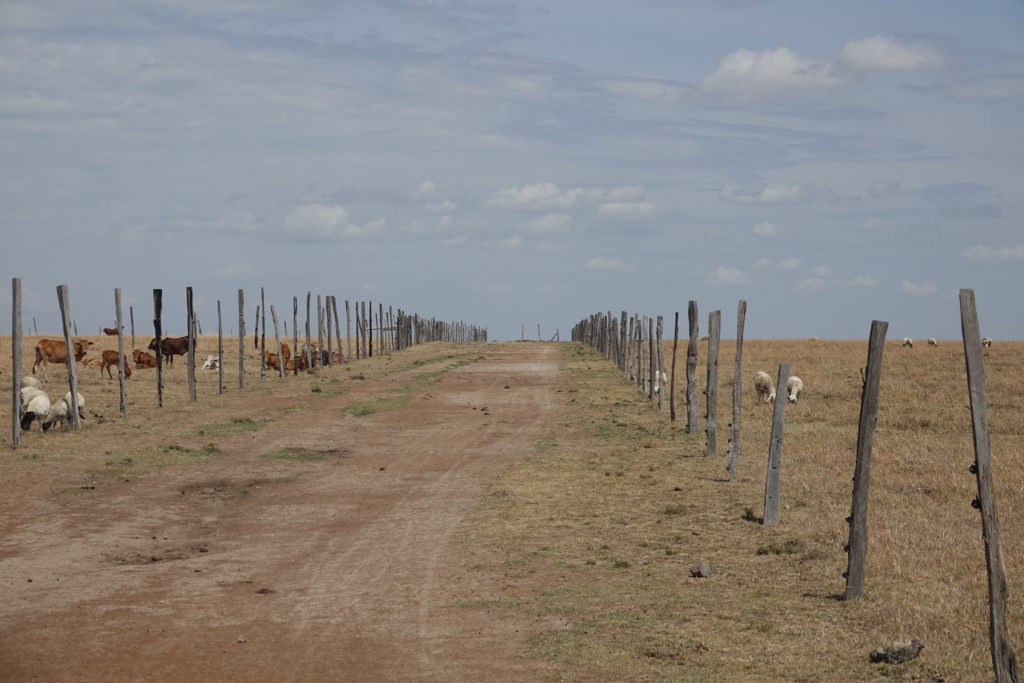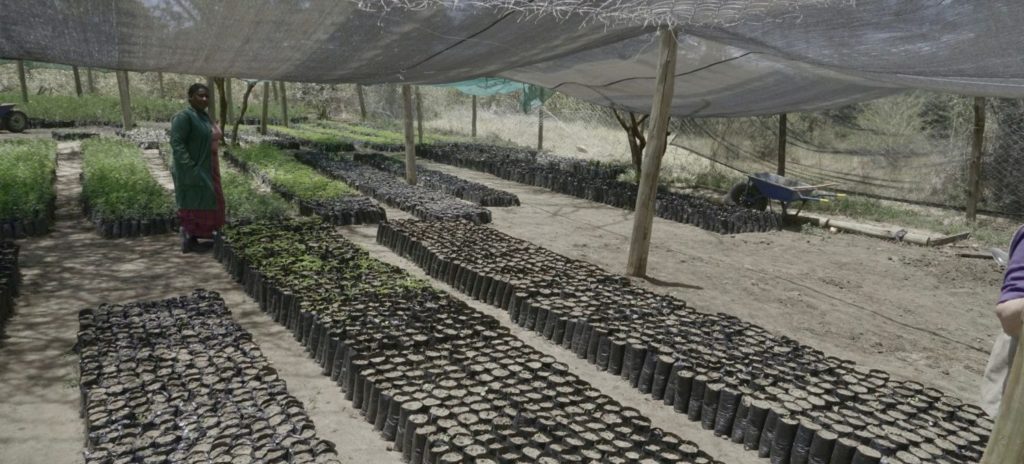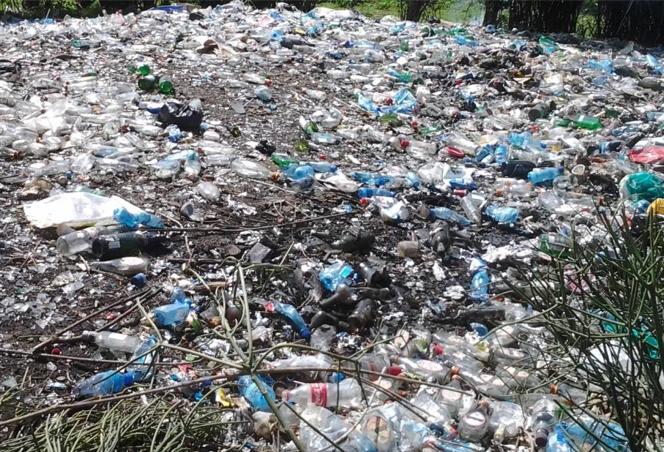The human population growth on the Mara is about 8% annually. Unless the land is managed wisely, for the benefit of humans and wild and domesticated animals, if will be seriously denigrated to the point of desertification. Without a viable ecosystem, the wildlife and the Maasai culture will collapse, along with tourism, jobs, and one of the most incredible places on planet Earth.
Regenerative Ecosystem
Fencing
One of the most visible results of land subdivision and one of the biggest threats across the Mara ecosystem has been fencing outside the conservancies, which has intensified extensively in recent years. This has had cumulative impacts on the ecosystem’s wildlife as well as its people and their livestock. The main drivers of fencing include: change in land ownership, increasing livestock densities, settlement expansion and human population growth. Fencing creates a barrier to the movement of people, livestock and wildlife, blocking crucial migration routes for wildlife and further restricts access to natural resources such as salt licks, pasture and water sources.
Without intervention, increasing land subdivision and fencing means space for wildlife will be even more limited in the future. It is imperative that the value of wildlife is recognized through approaches that support the rights and responsibilities of communities in wildlife management, and support ways for communities to benefit from conservation.
Basecamp, with the help of major donations from the Norwegian Agency for Development Corporation (NORAD), has been able to renew 25-year leases for the 50,000 acre Naboisho Conservancy. Through this effort, fences have been removed and historic migration corridors are protected.

Reforestation
Changing weather patterns and extreme weather conditions are some of the effects of climate change felt in Maasai Mara and across the globe. To combat additional environmental conditions such as degradation of the riverine, soil erosion and land degradation, Basecamp established the only typical forest along the Talek River in the Maasai Mara region in Kenya. The trees planted in the Basecamp plantation have helped establish a conserved forest which now serves as a home to over 300 identified bird species and other small wildlife. This was possible through a very generous donation from Ypsomed, and from visitors to Basecamp in Svalbard and Basecamp Maasai Mara.
The Basecamp tree plantation holds over 100,000 indigenous trees which has greatly improved the climatic conditions in the Talek region. From a bare and drought stricken region, the tree plantation has created a micro climatic region with increased rainfall and birdlife. Additionally, Basecamp has established the only nursery in the western region of Maasai Mara which includes unique indigenous trees whose species would otherwise be lost.
From 2017 on, Basecamp will plant 250,000 trees in the next three years and increase this number up to 500,000 trees in five years. With an aim to be an exemplary organization in conservation, Basecamp has secured over 400 acres of land to set up a nature forest with activities such as bird watching, cycling and jogging. Additional financial support will enable Basecamp to acquire more land and put up a better electric fence to protect the trees from destruction by wildlife.
Basecamp is currently operating at a carbon positive level. We absorb more than we emit and our aim is to be carbon positive, inclusive of all guest travel by end of 2019.


Waste Cleanup & Management
As a responsible tourism operator, Basecamp Explorer cares about the management of waste in its camps and in the community surrounding the camps. Not only do we sort our waste, we also extend our waste management program to include the local Maasai community and neighboring camps. This has helped improve the sanitation and the standards of waste disposal in the Maasai Mara region. With a high ambition of ensuring proper waste management, this program will primarily focus on improving sanitation in the Talek village and 15 neighboring camps.
Basecamp educates the local Maasai community on the importance of proper waste management and provides each manyatta ( Maasai homestead) with a waste collection sack which is collected every three days. Biodegradable waste such as food leftovers is composited in a pit and utilized to enhance the vegetable garden that serves the camp.
Basecamp intends to build an incinerator to burn refuse and elevate the waste management project to a self sustaining level. This will be made possible if additional camps pay for the disposal of their waste. Additional funding will be used for government licenses, structures, operational equipment and appliances including a solar panel, assortment chambers and pit and labor costs.

Water
Water as a resource in the Maasai Mara region is under severe threat of depletion. The indiscriminate deforestation along the Mau Hills is considered the main cause of wide river flow fluctuations. The inadequate supply of clean water causes Maasai families to search long hours for water, which may result in consumption of poor quality water. Basecamp has installed a water purification system that supplies up to 100 people a day with safe drinking water . This safeguards the camp and the community from waterborne diseases.
In 2017, Basecamp successfully installed one more borehole adding much needed storage capacity to the already existing 50,000 liter storage tanks. Additionally, Basecamp will establish better water management systems and increase awareness on the importance of water conservation among the staff and guests.
As a long term goal and with additional funding, Basecamp intends to install a water bottling plant and a water purifying machine that can purify about 50,000 liters of water daily. The efficiency of the water catchment and storage initiative can be enhanced through the utilization of better technology to desalinate and purify the water, ensuring consistent and sufficient provision of water even during the dry months of the year.

